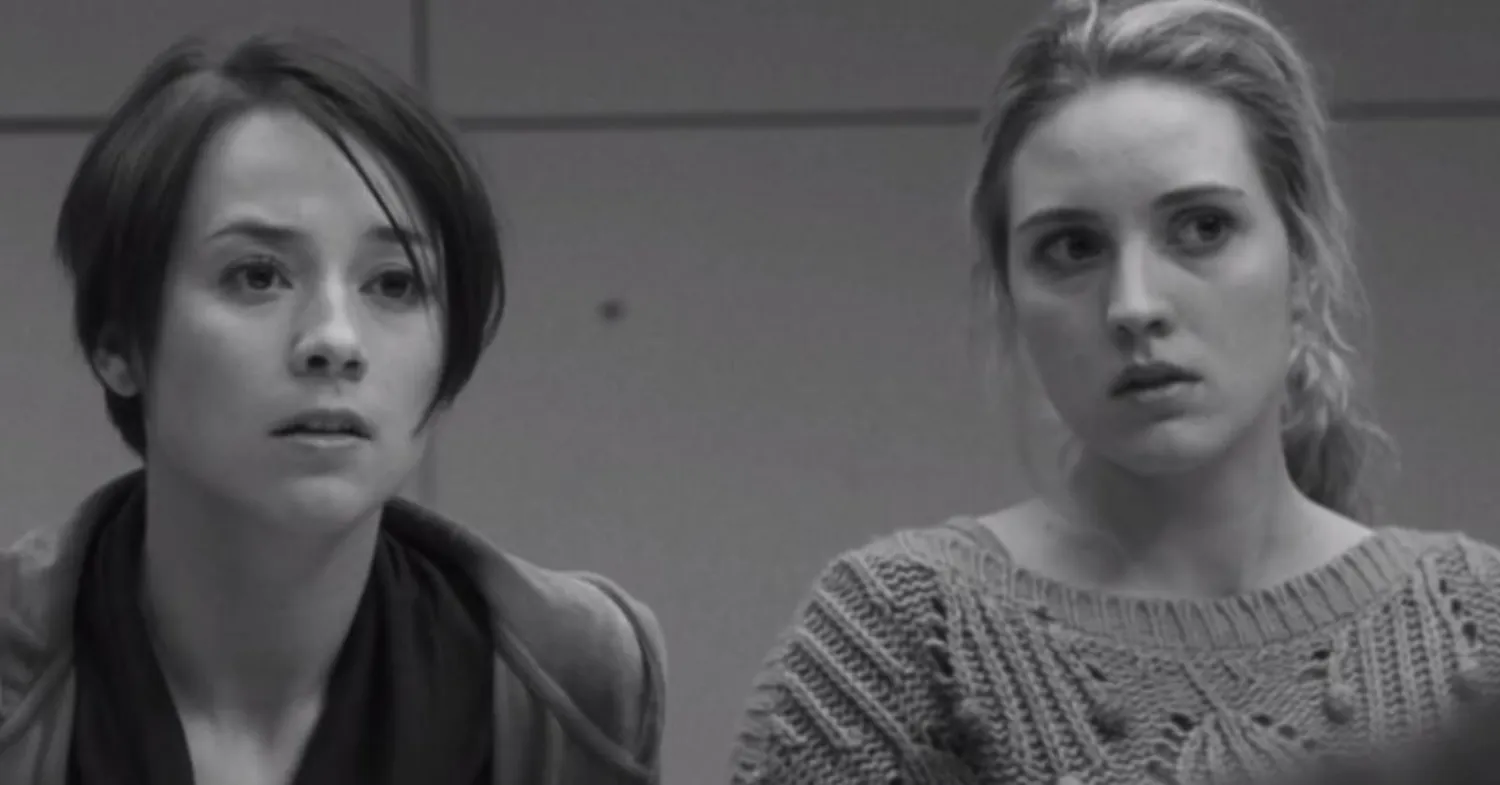Polytechnique is a challenging, soul crushing film that forces us to confront uncomfortable truths and grapple with complex ethical questions. Denis Villeneuve directs a harrowing movie I still have a few gripes with.

Polytechnique, Denis Villeneuve’s 2009 movie about the Montreal Massacre of 1989, is a powerful and emotionally wrenching experience. It’s a film that demands thoughtful consideration, not just for its unflinching portrayal of a horrific school shooting event in Canada, but also for the questions it raises about representation, exploitation, and the lingering impact of such tragedies.
Villeneuve’s masterful direction creates a stark and unsettling atmosphere. The use of black and white cinematography adds to the film’s realism and emotional weight. The first half paints a portrait of the victims, allowing us to connect with them on a human level before the tragedy unfolds. This makes the second half, depicting the massacre itself, all the more devastating.
Maxim Gaudette delivers a chilling performance as the unnamed shooter, embodying his violent instability and misogyny. However, Polytechnique wisely avoids glorifying him and giving him too much screentime, focusing instead on the victims and their loved ones. While the film’s subject matter is undeniably disturbing, it is handled with respect and sensitivity. Villeneuve *mostly* avoids gratuitous violence and sensationalism, focusing instead on the human cost of the tragedy.
However, the movie’s exploration of such sensitive material inevitably raises ethical questions. Is it exploitative and manipulative to depict real-life tragedies for artistic purposes? Can such films offer meaningful commentary, or does it simply re-create events for viewing sake? These are questions each viewer must answer for themselves and your mileage may vary on its results.
Despite these ethical concerns, the film still offers several powerful moments. Sébastien Huberdeau and Karine Vanasse deliver truly remarkable performances, particularly Vanasse’s powerful monologue at the film’s final moments about what she’d tell her children if they are either a boy or a girl. This scene, with its message of resilience and hope, offers a poignant counterpoint to the strangling darkness that precedes it.
Ultimately, Polytechnique is a challenging, soul crushing film that forces us to confront uncomfortable truths and grapple with complex ethical questions. While it may not be for everyone, it is a movie that raises questions about art as a means to depict current events – and in a way that makes it a worthy viewing experience.
Score: 6/10
Polytechnique (2009)
- Cast: Maxim Gaudette, Sébastien Huberdeau, Karine Vanasse
- Director: Denis Villeneuve
- Genre: Drama
- Runtime: 77 minutes
- Rated: NR
- Release Date: February 6, 2009
Read More Reviews for Denis Villeneuve Movies
Cinephile Corner has reviewed the following Denis Villeneuve movies: